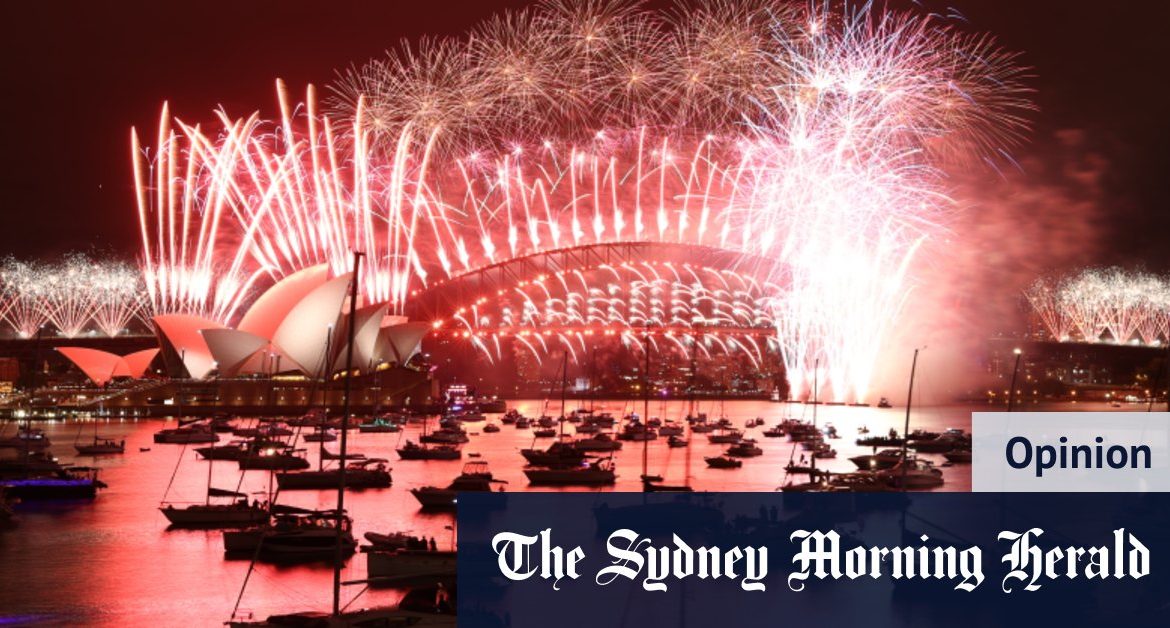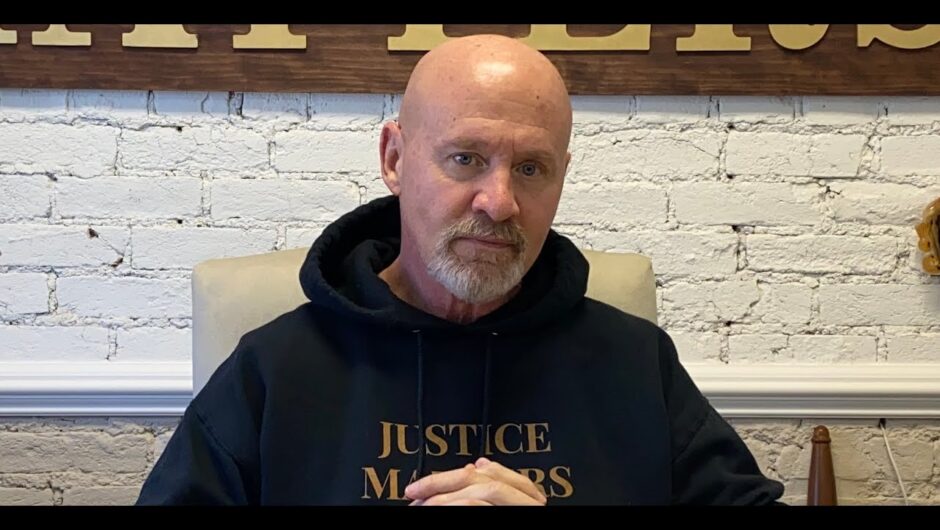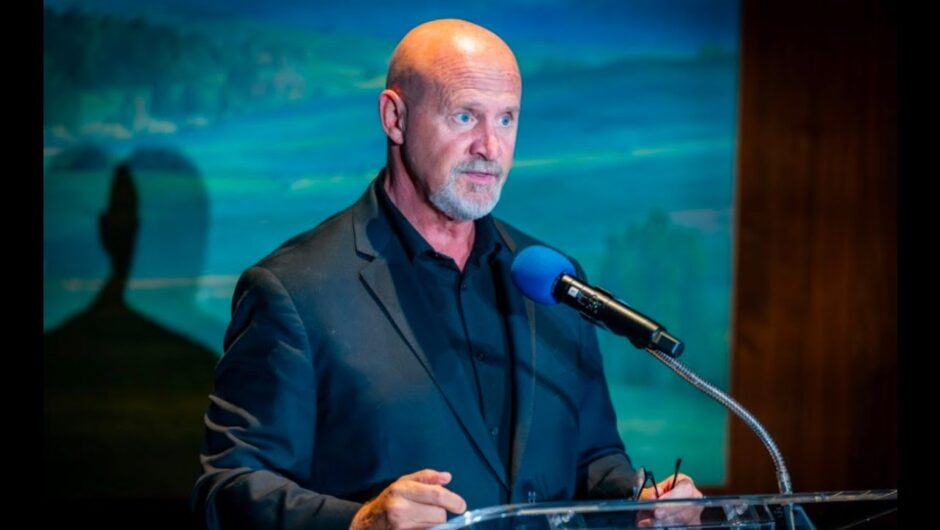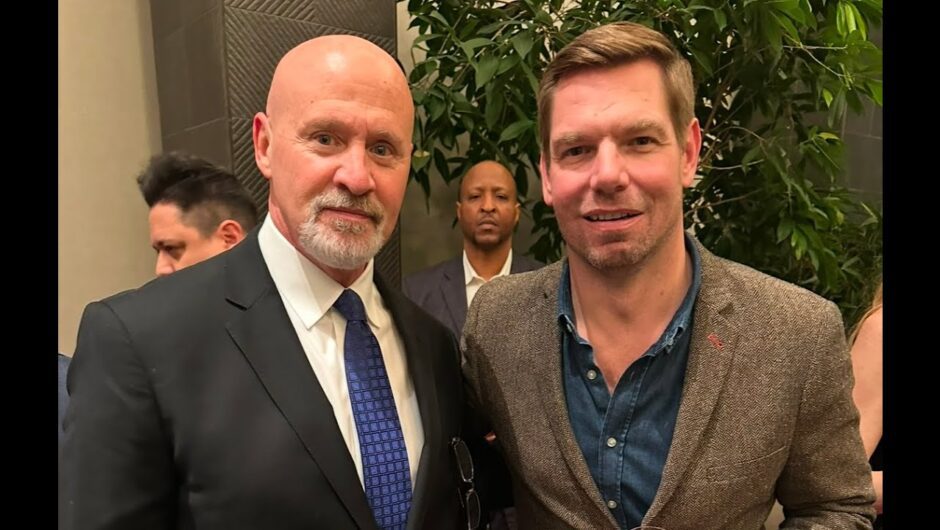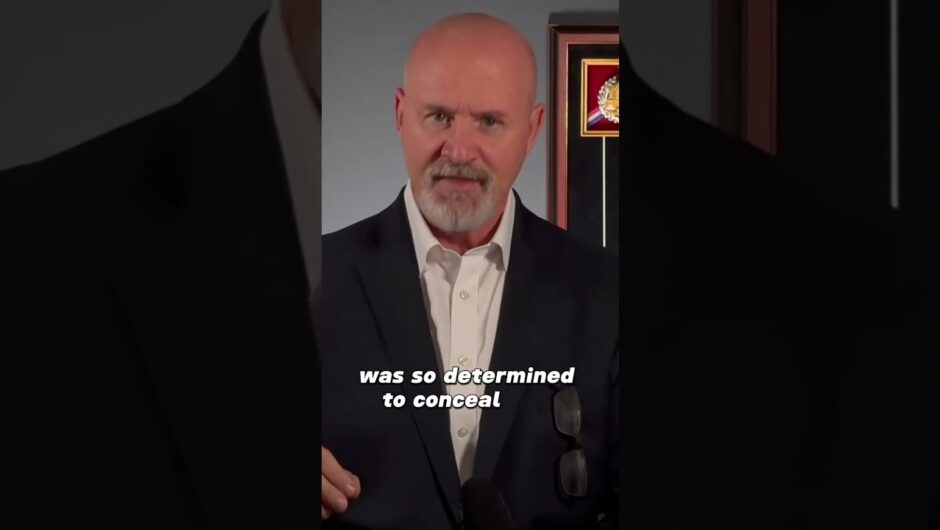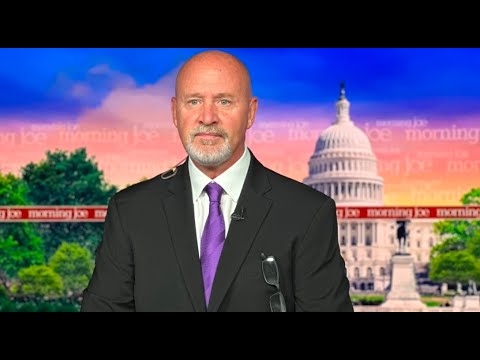Shakily, I put the surgery date in my diary, marking the six-week recovery period with a recurring calendar event. I had some rare minutes of respite from my agonising anxiety, as I methodically called, emailed, deleted and cancelled every planned engagement. It gave me a granule of control in the face of the unknown. While there was no promise I’d actually feel better after the recovery period was done, it was something to work towards. A finish line of sorts.
When life is at its most uncertain, pretending that the future is fixed gives us hope. Freshly broken-hearted teenagers sob on their beds, wondering when they’ll be over their pimply faced first love. When a loved one dies, we ask friends who’ve experienced the same when we will stop being unequivocally sad. When my husband reaches the bottom of Netflix, during a bi-annual bout of man-flu, he emerges from the bedroom demanding to know when exactly he’ll feel better.
Throughout 2020 we put our faith in dates and deadlines. Even the trying second lockdown in Victoria had an end date. When restrictions were extended for an additional two weeks at the very last moment, a previously compliant population became furious. That deadline had been a motivating focal point to which Victorians had anchored our expectations. Forgetting that the virus itself has no end date.
People around the world, many in far more dire circumstances than Australians, invest their hopes in a vaccine. Development has progressed more swiftly than ever before but is still at an early stage. Even with the miracle of an effective vaccine, there are hurdles ahead. Vaccinating and re-vaccinating a population of 7 billion is not only a logistical nightmare but an expensive one. Safe global distribution poses enormous challenges. Herd immunity won’t be achieved while anti-vaxxers dominate social media.
Even if the vaccines prove to be the life-saving firework we all hoped to see at midnight, the world economy remains shot. Here in Australia, unemployment is high, and a generation of young people will carry that burden for a lifetime. Our mental health waiting lists are many months long and essential workers are growing tired of working for insufficient pay. The only people making money seem to be offshore streaming services and maybe those who were smart enough to invest early in hand sanitiser start-ups.
But despite all this doom and gloom, we human beings look forward and we make plans. We find hope amid the hopelessness. So much so, that we pluck a false end date out of the sky and set our optimism on a sun that may never rise.
Loading
Years on from my brain tumour diagnosis, I’m still waiting to be well and to feel safe again. Some days I experience snatches of my old life, and some days the reality of multiple surgeries, radiation treatment, disability and drugs, is all too apparent. But I still make plans for better days ahead. While I can no longer hope for how I used to be, I can hope for other things. I can hope for the absence of pain, the easing of symptoms, for growing strength, for better medicines, and for the closeness of people I love.
Along with so many others I popped the champagne cork, lit a sparkler and kissed my husband on New Year’s Eve, hoping for a brighter year ahead. The new year is a time of renewal. Usually, we preoccupy ourselves with diets and fitness regimes but in 2021 we’ve invested our collective spirits in something else. Something far more meaningful. A new normal.

